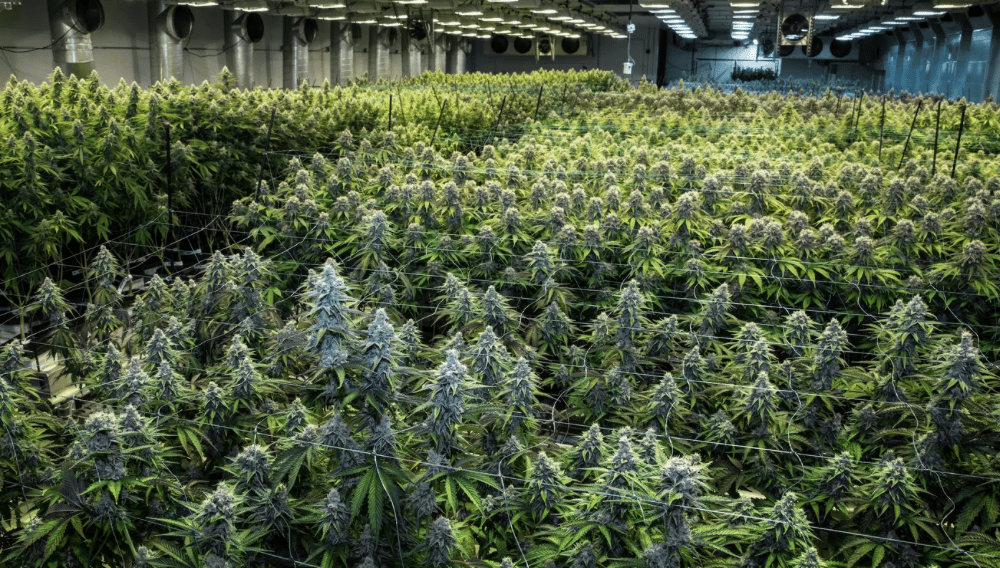- Food Jungle
- Posts
- Scotch Whisky In Danger
Scotch Whisky In Danger
20th June, 2024

Welcome Food Junglers! Megan’s back with an insightful take on one of the most important ingredients in whisky production - peat - and the recent divisions it has caused among the environmentalist community in Scotland. Let’s dig in.
Megan making her potions!
Hello everyone, Meg speaking.
From crude oil to tequila, more industries have been subject to scrutiny over their sustainability practices than ever before. Peated scotch whisky, in particular, has been feeling the heat over the last decade.
What is “peat”?
Peat is an accumulation of decomposed organic vegetation - formed in waterlogged ground with low oxygen levels, nutrients, and sunlight - and is commonly found in peatlands, moors, and bogs.
Most notably, the burning of this peat is what gives world-renowned Scottish Island whiskies, like those from Islay, their signature smokiness.

Peat, in its raw form, doesn’t look very pleasant.
But, apart from providing a signature taste to some of the most well-loved whiskies in the world, peat also stores carbon, and the peatlands themselves are extremely biodiverse areas that provide homes for rare animals.
The over-extraction of peat also means that the healthy soil it supports can become dry and undernourished, releasing the sequestered carbon dioxide and triggering wildfires. On top of that, peat’s slow regrowth rate essentially makes it a non-renewable resource.
The “Peat Ban”
In 2022, the Prime Minister of the UK - Boris Johnson - pledged to outlaw peat for domestic use by the end of 2024 after environmental campaigners called for restoration of the peatlands, an act that seriously concerned many Scottish whisky distilleries.
The Scotch Whisky Association (“SWA”) even released a statement in opposition to the bill, declaring that “without peat, the majority [of peated whisky] could not be produced, [leading] to the end of many key brands and numerous jobs”.

Boris Johnson was the first to declare a ban on peat extraction.
It’s 2024. Now what?
The current UK government - led by Rishi Sunak - has made zero progress on the “Peat Ban'', as the environmental pledge was not made a priority. And with an election underway, it is safe to assume this one will not make it to the parliament floor.
But, despite no real progress being made on protecting the biodiverse peatlands while preserving the Scotch whisky tradition, there is reason to be optimistic.
The SWA released “The Commitment to Responsible Peat Use", which has coordinated NGOs, important supply chain partners, and third party suppliers to work on responsible extraction of peat.

The Scottish peatlands are famous for their biodiversity.
However, as we are Food Jungle and we try to read between the lines, it’s safe to say that many of these moves are arbitrary without action. So, even though declarations have been made, action is still lacking.
Alternatives to peat
In a weird turn of events cannabis is currently being tested as an alternative to peat.
In particular, the burning of c.sativa, c.indicia, and c.ruderalis have all been considered and the SWA has permitted the burning of these strains when they become legal in the UK.
Unlike peat, cannabis plants can both be farmed and harvested continuously, while yielding a similar smoke profile to that of peat itself.

Cannabis could be a suitable alternative to peat, provided it’s legalised.
While this does have very limited research behind it, it is interesting enough to consider, especially when we know that peat is a finite resource.
My predictions
With the speed at which the UK government moves, I have little faith that anything will change in the near future to preserve the peatlands.
The whisky industry in Scotland is simply steeped in tradition and the pursuit of sustainability is not a priority. And to add to that, peated scotch tastes too good for anyone to be interested in sustainable alternatives.
Of course, as a lover of peated scotches myself, I do not want this environmental pursuit to see the end of Scotch whiskies. However, I would like to see a balance being struck between preservation of the beautiful Scottish lands and a whisky that we can all enjoy.

Scottish whisky-making is a legendary tradition.
Ultimately, that will start with governments and associations, like the SWA, following through on their promises for preservation.

Reply